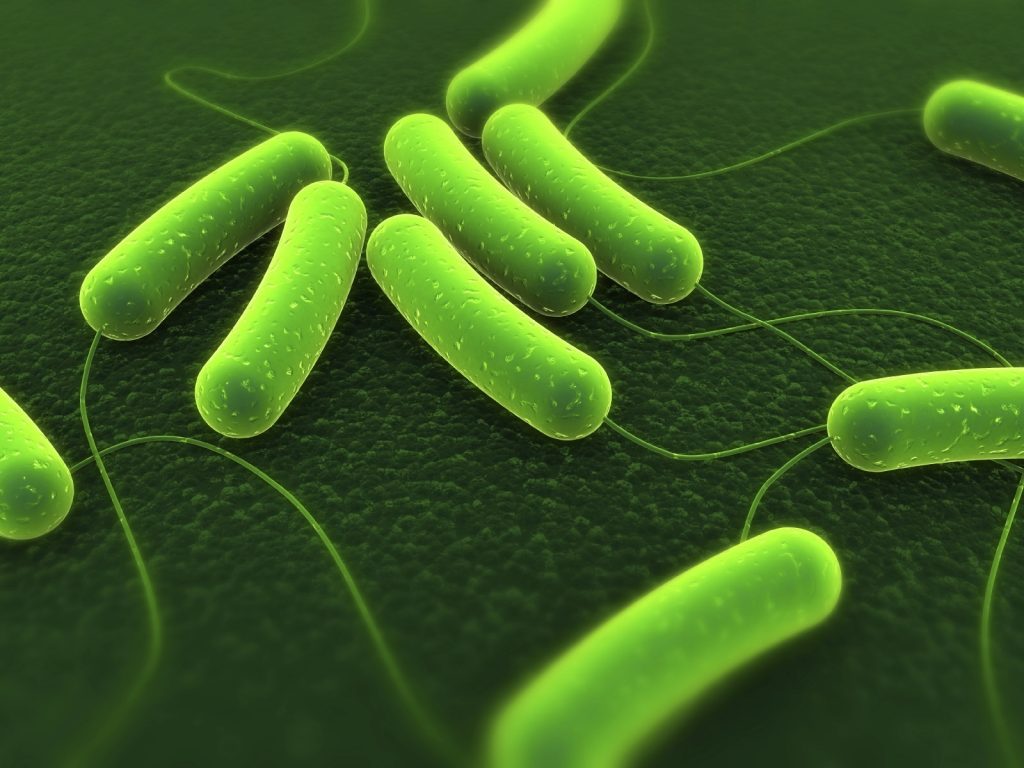Robert Hooke was the first scientist to study and record living cells using the microscope. The existence of organisms too small to be seen by the naked eyes had long been suspected even before the discovery of the microscope but there was no particular instrument for their study as at the time until the microscope was discovered. Nevertheless, the discovery of the unseen forms of life (i.e. microorganisms) was linked to the invention of the microscope.
Robert Hooke, an English mathematician and natural historian was also an excellent microscopist as at the time the microscope ushered in the field of microbiology. In the first book devoted to microscopic observation, Micrographia, which was Robert Hooke’s first book, Hooke clearly illustrated among many other things, the fruiting structures of microorganisms particularly moulds, which are a type of fungi. His work was the first known description of microorganisms, but the first person to see bacteria was the amateur microscope builder, Antony Van Leeuwenhoek.
Leeuwenhoek in 1684 was aware of Hooke’s work, and he used extremely simple microscopes of his own construction to examine the microbial content of a variety of natural substances including water. Though his microscopes were crude as at the time when compared to today’s standards, Leeuwenhoek was able to see bacteria (which is much smaller than moulds) by the careful manipulation and focusing of his microscope.
Antony Von Leeuwenhoek discovered bacteria in 1676 while studying pepper-water infusions; and his discovery of the microbial world with his amateur crude-microscopes set the pace for the development of the field of biological sciences known widely today as microbiology. Progress in understanding the nature and importance of microorganisms remained slow for about 150 years after then, until in the nineteenth century when improved microscopes became widely distributed and used for a variety of scientific investigations.
References
Barrett J.T (1998). Microbiology and Immunology Concepts. Philadelphia, PA: Lippincott-Raven Publishers. USA.
Beck R.W (2000). A chronology of microbiology in historical context. Washington, D.C.: ASM Press.
Brooks G.F., Butel J.S and Morse S.A (2004). Medical Microbiology, 23rd edition. McGraw Hill Publishers. USA. Pp. 248-260.
Chung K.T, Stevens Jr., S.E and Ferris D.H (1995). A chronology of events and pioneers of microbiology. SIM News, 45(1):3–13.
Drews G (1999). Ferdinand Cohn, among the Founder of Microbiology. ASM News 65(8):547.
Gest H (2005). The remarkable vision of Robert Hooke (1635-1703): first observer of the microbial world”. Perspect. Biol. Med, 48(2):266–272.
Nester E.W, Anderson D.G, Roberts C.E and Nester M.T (2009). Microbiology: A Human Perspective. Sixth edition. McGraw-Hill Companies, Inc, New York, USA.
Salyers A.A and Whitt D.D (2001). Microbiology: diversity, disease, and the environment. Fitzgerald Science Press Inc. Maryland, USA.
Slonczewski J.L, Foster J.W and Gillen K.M (2011). Microbiology: An Evolving Science. Second edition. W.W. Norton and Company, Inc, New York, USA.
Summers W.C (2000). History of microbiology. In Encyclopedia of microbiology, vol. 2, J. Lederberg, editor, 677–97. San Diego: Academic Press.
Talaro, Kathleen P (2005). Foundations in Microbiology. 5th edition. McGraw-Hill Companies Inc., New York, USA.
Wainwright M (2003). An Alternative View of the Early History of Microbiology. Advances in applied microbiology. Advances in Applied Microbiology, 52:333–355.
Willey J.M, Sherwood L.M and Woolverton C.J (2008). Harley and Klein’s Microbiology. 7th ed. McGraw-Hill Higher Education, USA.
Discover more from #1 Microbiology Resource Hub
Subscribe to get the latest posts to your email.



